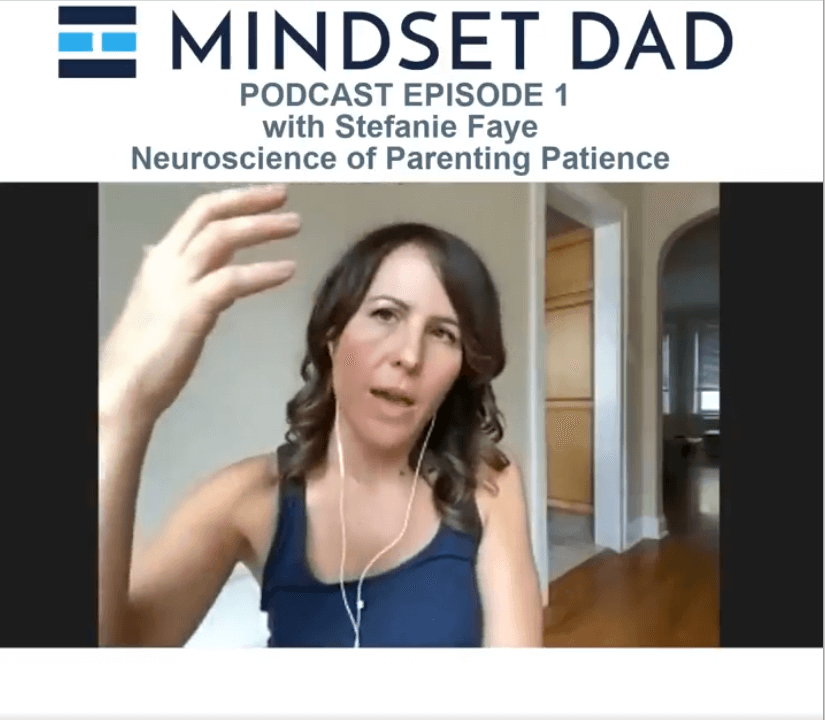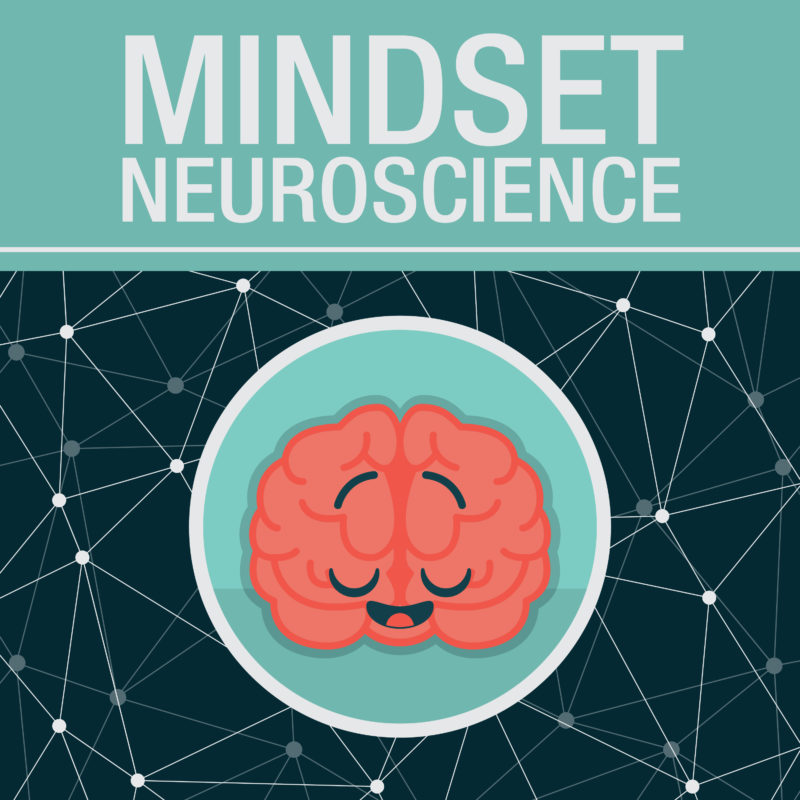How can we understand our brain in a way that helps us be more patient with the people in our lives?

One way is to engage what is called ‘the high road’ of our brain -the more sophisticated, and generally slower to respond – circuitry.
These higher level networks give us something called ‘cognitive flexibility’ and the ability to entertain multiple possibilities for why someone is behaving a certain way.
By doing this, the brain has more of a chance of attuning to patterns and what might actually be going on for someone physiologically, rather than very quickly assigning a label or a sense of ‘willfulness’ to their behavior.
When our brain assumes that a person or child is mis-behaving ‘on purpose’, this narrows our ability to interact with that person from a more curious state of mind that might actually be able to more accurately pinpoint what’s wrong.
But it’s also important for us to understand some of the structures that are in place that can contribute to our stress level.
In this episode, we talk about why the ‘nuclear family’ structure may cause excessive strain on the caregivers, which is why community is so important.
Even if you are not a parent, this episode may resonate for you in terms of the different types of responses you received as a child, and how these have affected you throughout your life.
Stephen Bradshaw, founder of Mindset Dad, helps dads feel empowered, gain perspective, improve mindset and become the happy, present and confident in their parenting and relational skills.
In our interview, we talk about:
👉 6 mins – How our brain is shaped in childhood and how this affects our parenting choices
👉 13 mins – How to increase your level of patience
👉 18 mins – What happens in the brain when we lose our cool; The Low Road and The High Road
👉 21 mins – The Rage Circuit (Douglas Fields)
👉 26 mins – The Super-Regulator
👉 33 mins – The Stimulus-Organism-Response Model
Listen on Anchor FM
Listen on Spotify
Find out more about Stephen Bradshaw and Mindset Dad at mindsetdad.com


